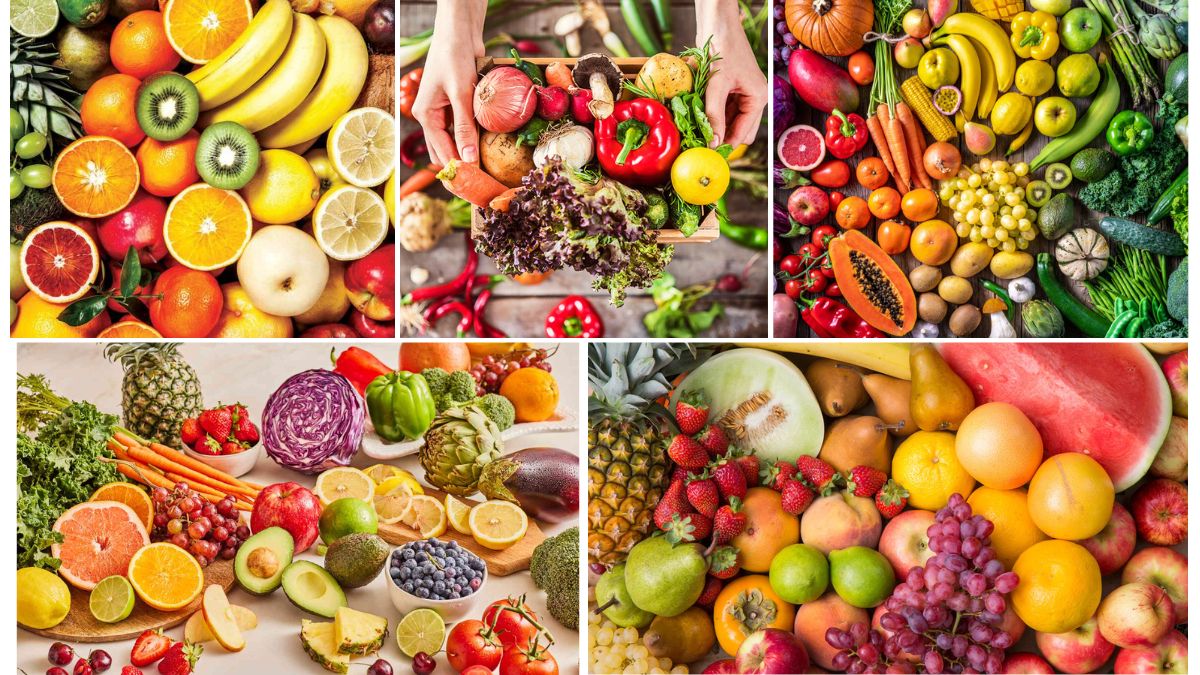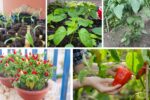As global awareness of health, sustainability, and environmental impact grows, organic fruit farming has emerged as a beacon of responsible agriculture. Unlike conventional methods that rely on synthetic chemicals and genetically modified organisms, organic farming embraces nature-based practices—enhancing biodiversity, preserving soil health, and delivering chemical-free produce to the market.
Across the globe, certain countries have positioned themselves as pioneers and leaders in organic fruit farming. These nations not only meet increasing domestic demand but also export organic fruits on a large scale, setting benchmarks in quality and sustainable practices.
This article explores the top global leaders in organic fruit farming, highlighting what sets them apart and how they influence the industry.
1. India: A Rising Organic Powerhouse
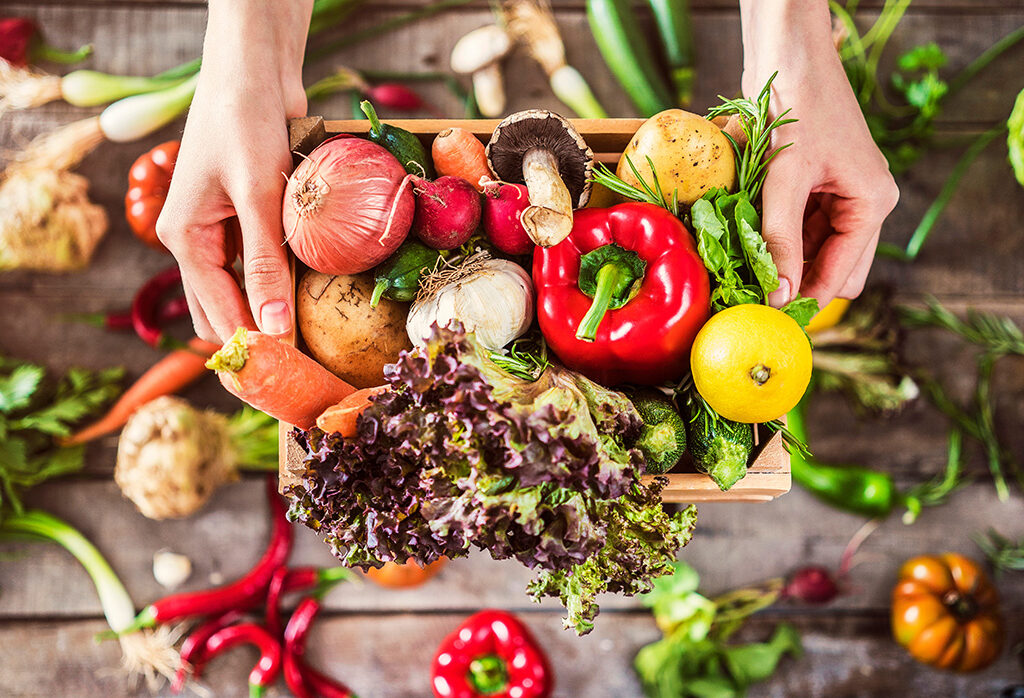
India has quickly become a major player in the organic fruit farming scene. The country is home to a wide variety of climate zones, enabling the cultivation of diverse fruits like mangoes, bananas, papayas, guavas, and pomegranates.
Key Highlights:
- Sikkim, India’s first fully organic state, has inspired other regions to follow sustainable farming practices.
- India ranks among the top 10 countries in terms of organic agricultural land.
- The National Programme for Organic Production (NPOP) has laid strong foundations for organic certification, traceability, and exports.
India’s organic fruits are increasingly being exported to Europe, the U.S., and the Middle East, making it a major contributor to the global organic supply chain.
2. United States: Innovation and Large-Scale Production
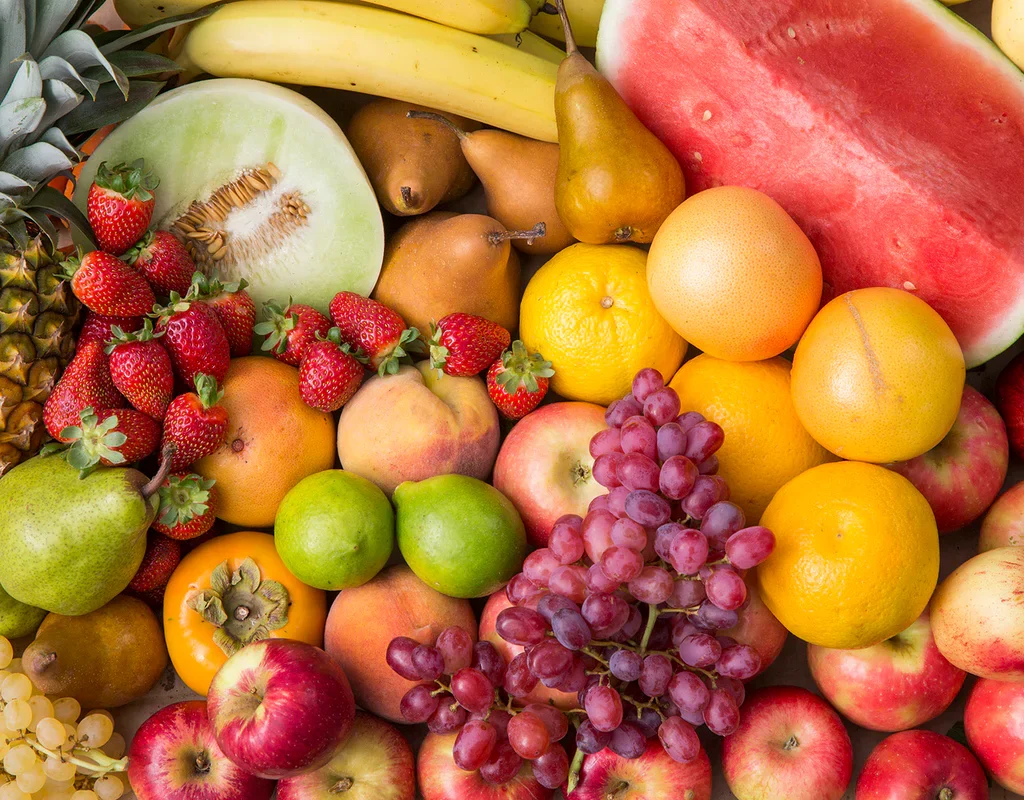
The United States has long led the world in large-scale organic fruit farming, thanks to its advanced agricultural technology, supportive policies, and massive domestic demand.
Key Organic Fruit-Producing States:
- California: A dominant force, especially in organic apples, citrus fruits, grapes, and berries.
- Washington and Oregon: Known for organic apple and pear orchards.
- Florida: Specializes in organic citrus fruits, especially oranges and grapefruits.
The USDA’s National Organic Program (NOP) is a globally recognized standard for organic certification, ensuring that American organic fruits are trusted and accepted worldwide.
3. Mexico: The Organic Mango and Avocado Giant
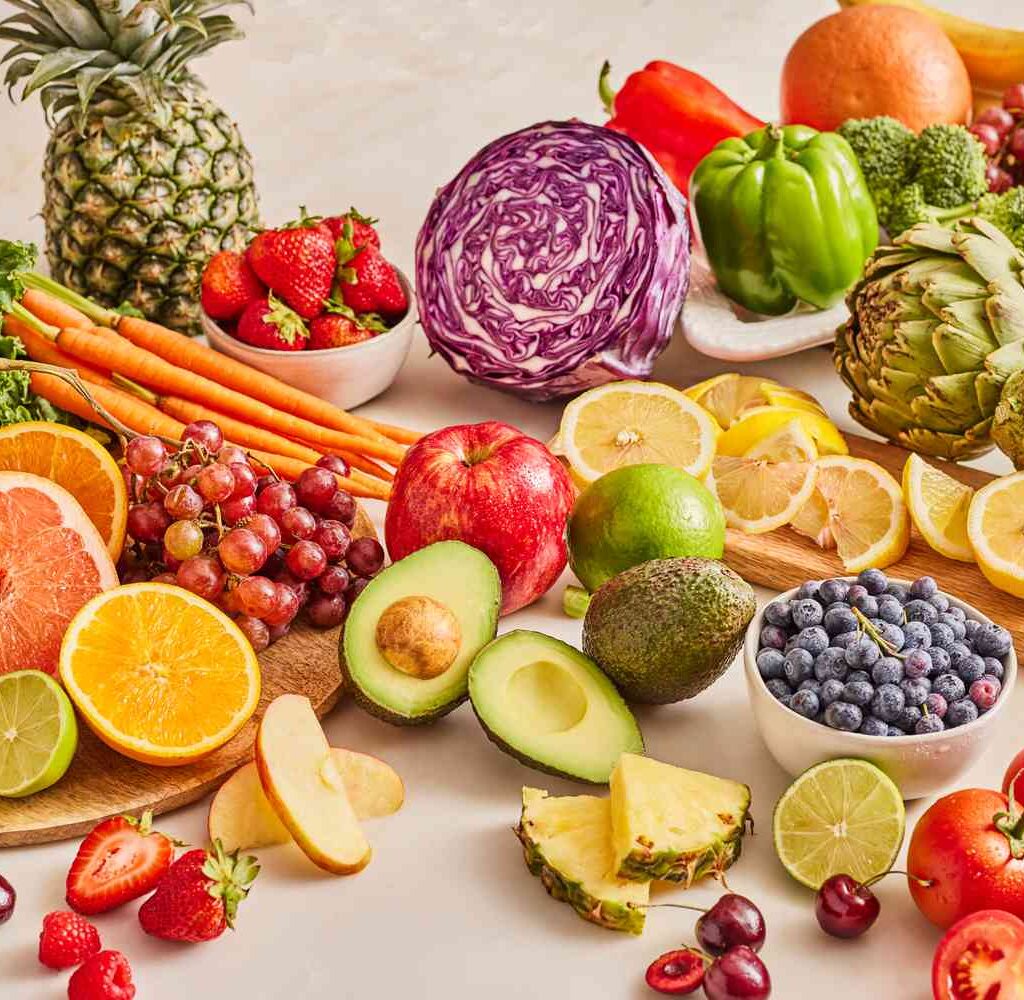
Mexico’s fertile lands, ideal climate, and strong agricultural heritage have made it a major exporter of organic fruits.
Notable Organic Exports:
- Mangoes and avocados: These are the stars of Mexico’s organic fruit industry, shipped primarily to the U.S., Canada, and Europe.
- Papayas and limes: Also see significant organic export demand.
With millions of acres under organic cultivation and consistent investment in certification and traceability systems, Mexico continues to strengthen its global position in the organic fruit market.
4. Italy: Organic Excellence Rooted in Tradition
Italy is a European leader in organic fruit farming, combining ancient agricultural traditions with modern organic standards.
Key Regions:
- Sicily: Known for organic citrus groves—lemons, oranges, and mandarins.
- Emilia-Romagna and Tuscany: Lead in organic stone fruits, apples, and pears.
Italy has over 2 million hectares of organic farmland and boasts a strong local demand, along with a robust export market, especially within the EU.
The country’s commitment to biodiversity and eco-friendly farming practices has helped it become a model for sustainable agriculture globally.
5. Spain: A Mediterranean Organic Hub
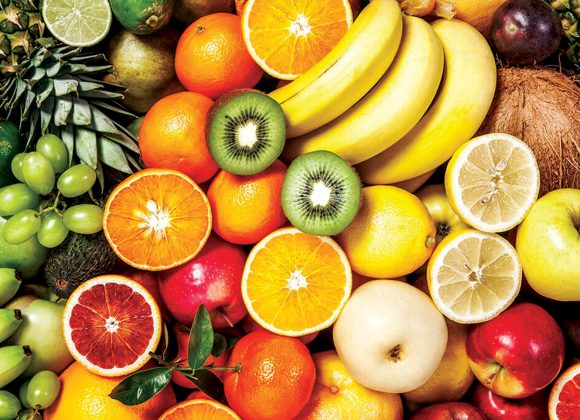
Spain is one of Europe’s largest producers and exporters of organic fruits. Its warm climate and fertile lands make it ideal for growing high-quality, flavorful produce.
Organic Highlights:
- Valencia and Andalusia: Excel in producing organic citrus fruits, especially oranges and lemons.
- Murcia: A center for organic stone fruits like peaches, nectarines, and apricots.
- Extremadura: Known for organic plums and cherries.
Spain’s government offers strong support to organic farmers through subsidies, training, and marketing assistance, boosting its presence in international markets.
6. Turkey: Bridging Europe and Asia with Organic Fruit Diversity
Turkey is increasingly gaining recognition as a top organic fruit farming nation. The country’s rich biodiversity and strategic location make it an essential supplier for both Eastern and Western markets.
Key Fruits:
- Figs and apricots: Turkey leads global exports, especially in dried organic forms.
- Cherries and pomegranates: Grown organically in various regions, particularly in Aegean and Southeastern Anatolia.
With over 500,000 hectares of organic land and rising EU-compliant certifications, Turkey is set to expand its role in the global organic fruit industry.
7. Peru: A Latin American Organic Powerhouse
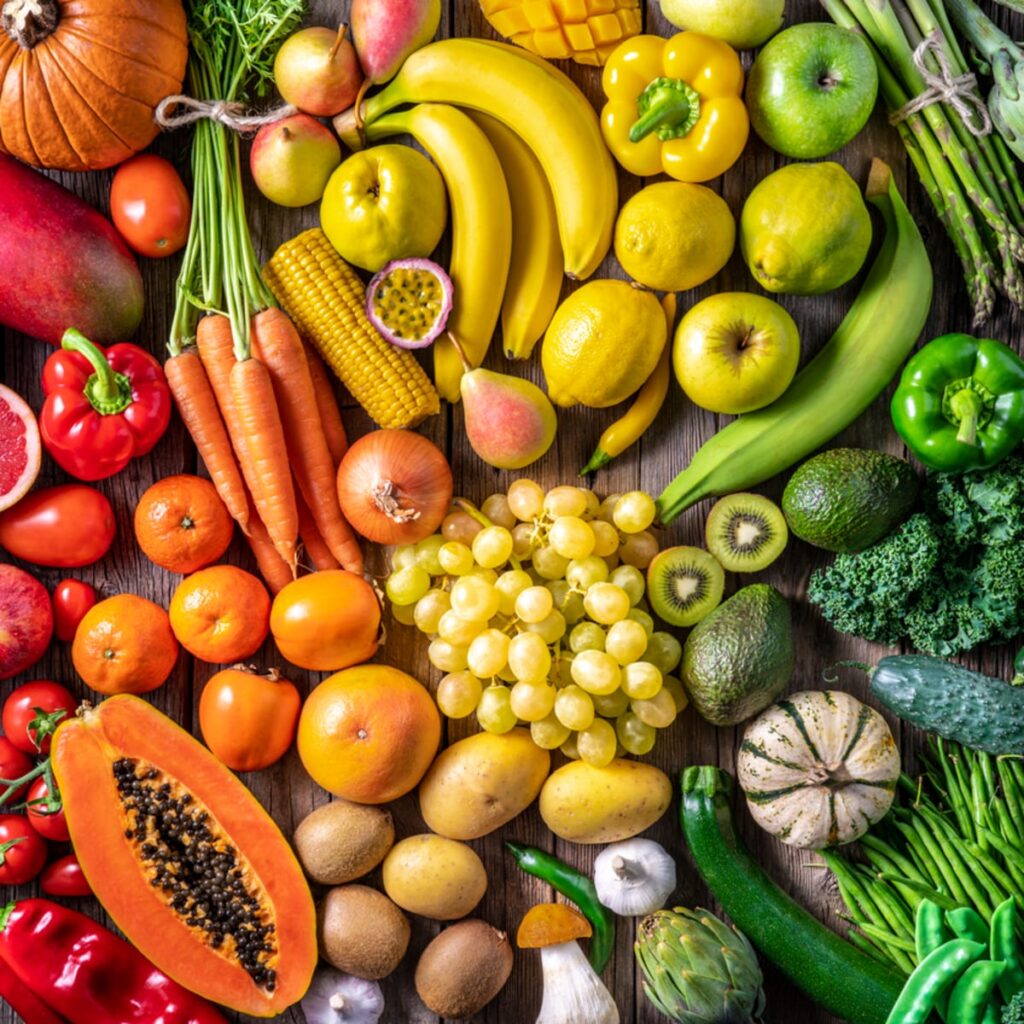
Peru is emerging as one of the leading exporters of organic fruits, particularly to North America and Europe.
Major Organic Exports:
- Bananas: Northern Peru is famous for its flavorful, organic Cavendish bananas.
- Mangoes and avocados: Thrive in Peru’s tropical and subtropical zones.
- Blueberries: The country’s rapid rise in organic blueberry exports is impressive.
The government supports organic farming through national policies, market access facilitation, and partnerships with private exporters.
8. Chile: Consistency and Quality in Organic Exports
Chile has built a solid reputation for delivering high-quality, organic fruits that meet global food safety standards.
Key Strengths:
- Grapes, cherries, apples, and kiwis: Are among its top organic fruits.
- The country’s unique geography (with the Andes Mountains and Pacific Ocean) provides natural barriers that reduce pest pressures, making organic farming more feasible.
Chile’s long harvest season and export-oriented agriculture give it a strong foothold in markets like the U.S., China, and the EU.
9. Australia: Clean, Green, and Organic
Australia is known for its “clean and green” image, which perfectly complements its organic farming practices.
Leading Organic Fruits:
- Apples, berries, bananas, and citrus fruits.
- Organic farming is widespread in states like Queensland, Victoria, and New South Wales.
With strong domestic standards under Australian Certified Organic (ACO) and growing consumer demand, Australia is poised for further expansion in organic exports, especially to Asian markets.
10. France: A Leader in Organic Certifications and Consumer Demand
France has embraced organic farming both as a national policy and a cultural movement. French consumers are among the most enthusiastic organic buyers in Europe.
Organic Focus Areas:
- Apples, pears, and grapes are widely cultivated organically in regions like Nouvelle-Aquitaine and Occitanie.
- Strawberries and cherries also see strong organic production.
Governmental incentives, coupled with innovative marketing and eco-labeling strategies, help French farmers reach both local and international markets effectively.
Conclusion: A Growing Global Commitment
From traditional European orchards to tropical Latin American groves, the global organic fruit farming movement is diverse, dynamic, and driven by consumer demand for healthier, safer food.
What sets the leading nations apart is not just the volume of production, but also:
- Strong institutional support.
- Certification systems aligned with global standards.
- Sustainable and climate-resilient practices.
- Robust supply chain infrastructure for exports.
As the market continues to expand, countries that prioritize organic integrity, innovation, and environmental stewardship will remain at the forefront of this fruitful revolution.
